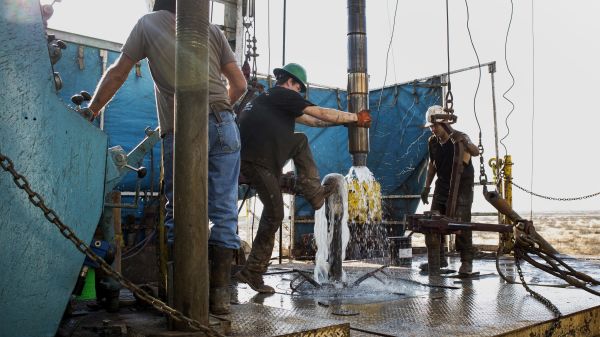This post has already been read 596 times!
Nigeria is largely a mono economy whose larger source of revenue base, about 80% thereabout, comes from the exploration of crude oil. There has been serious attempt by government to diversify the economy, but all appears to be on papers; as nothing much have been achieved in this regard. The international oil benchmark, Brent crude, has fallen to its lowest level this year and below the proposed benchmark for Nigeria’s 2019 budget, with economic experts describing the development as a cause for concern for the country.
Brent, against which Nigeria’s oil is priced, plunged by $3.80 to $58 per barrel on Sunday as of 5:00pm Nigerian time. It rose to a four-year high of $86.74 per barrel early last month from around $66 at the start of this year. The Federal Executive Council, on October 24, approved the government’s proposal of N8.73tn for the 2019 budget, and pegged the price of crude oil at $60 per barrel, up from $50.5 for the 2018 budget.
The Managing Director of Financial Derivatives Company Limited, Mr Bismarck Rewane, in a telephone interview with a Punch correspondent on Sunday, said the government would need to revise spending and the oil price benchmark for the 2019 budget downwards. He said some projects would be deferred, the country’s trade surplus would reduce, and the external reserves would come under pressure.
The reserves, which rose to a high of $47.865bn on May 10, fell to $41.52bn as of November 22, data from the Central Bank of Nigeria showed. According to Rewane, the government has two options: adjustments or restrictions.
He said, “If you increase the restrictions, then you increase the premium on the currency. The adjustments are not easy and you cannot do that before an election. But if you have to do it, you have to do it. Even at $58, you can still get by but it is quite imminent that you have to make some adjustments.”



